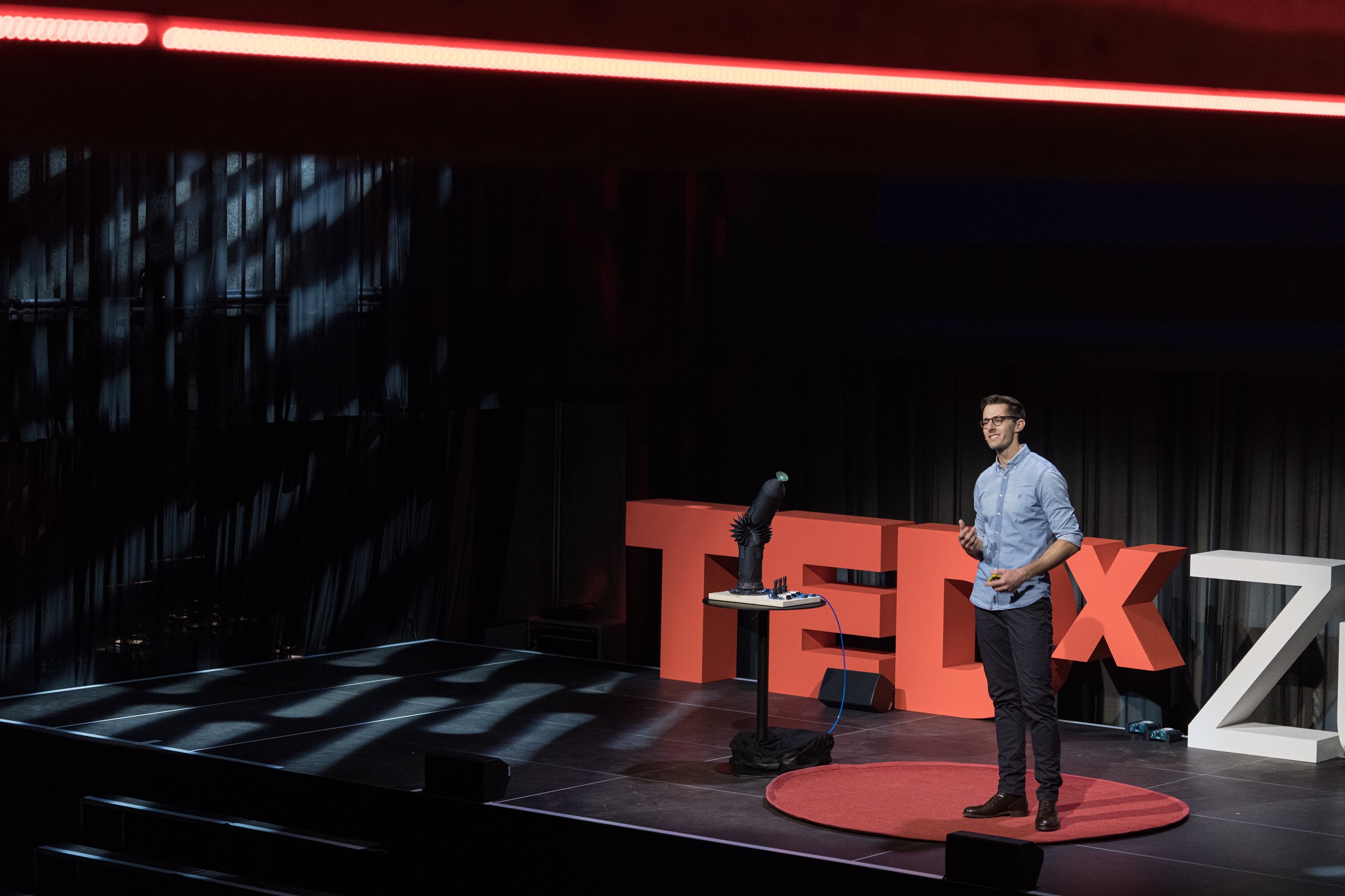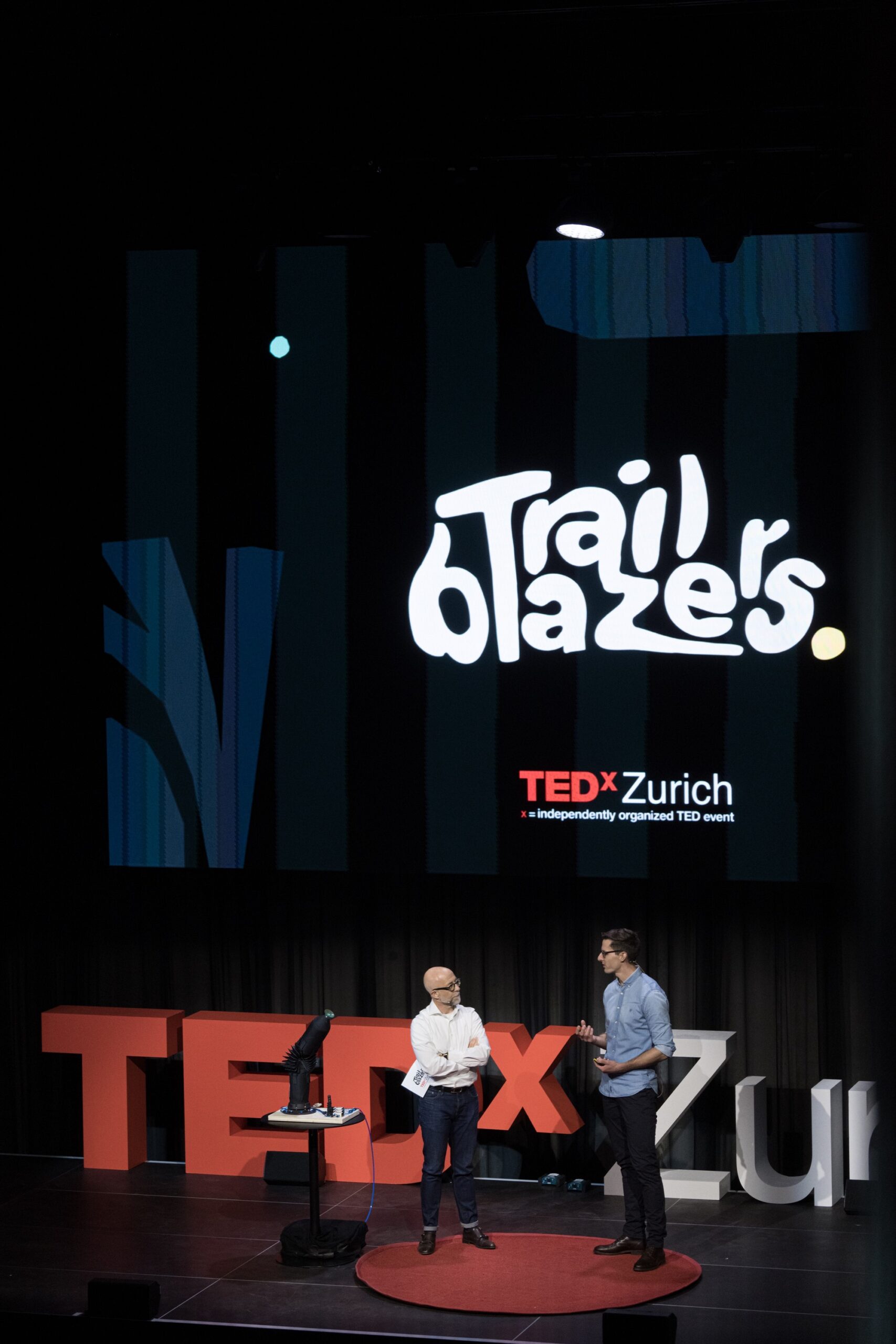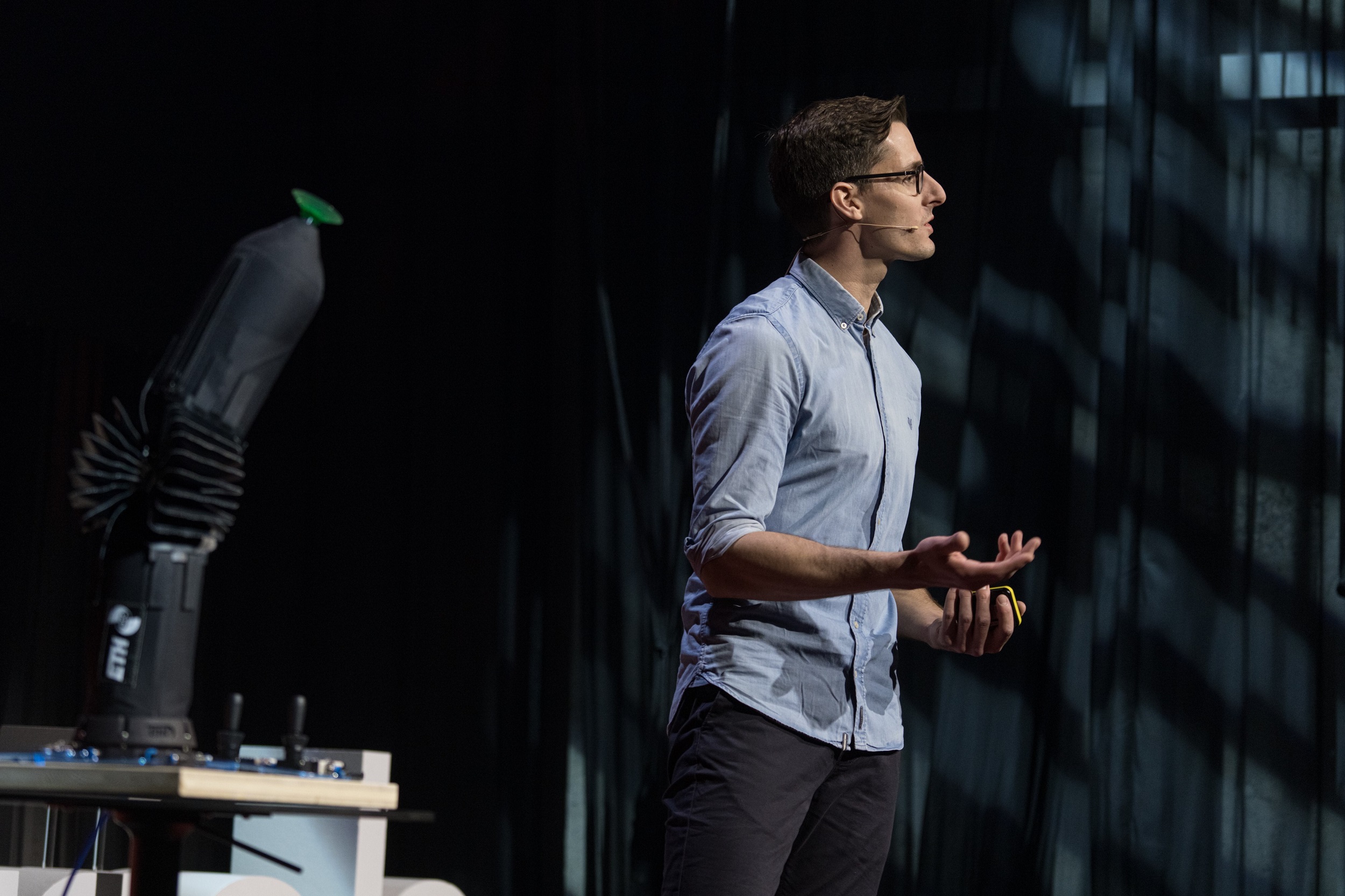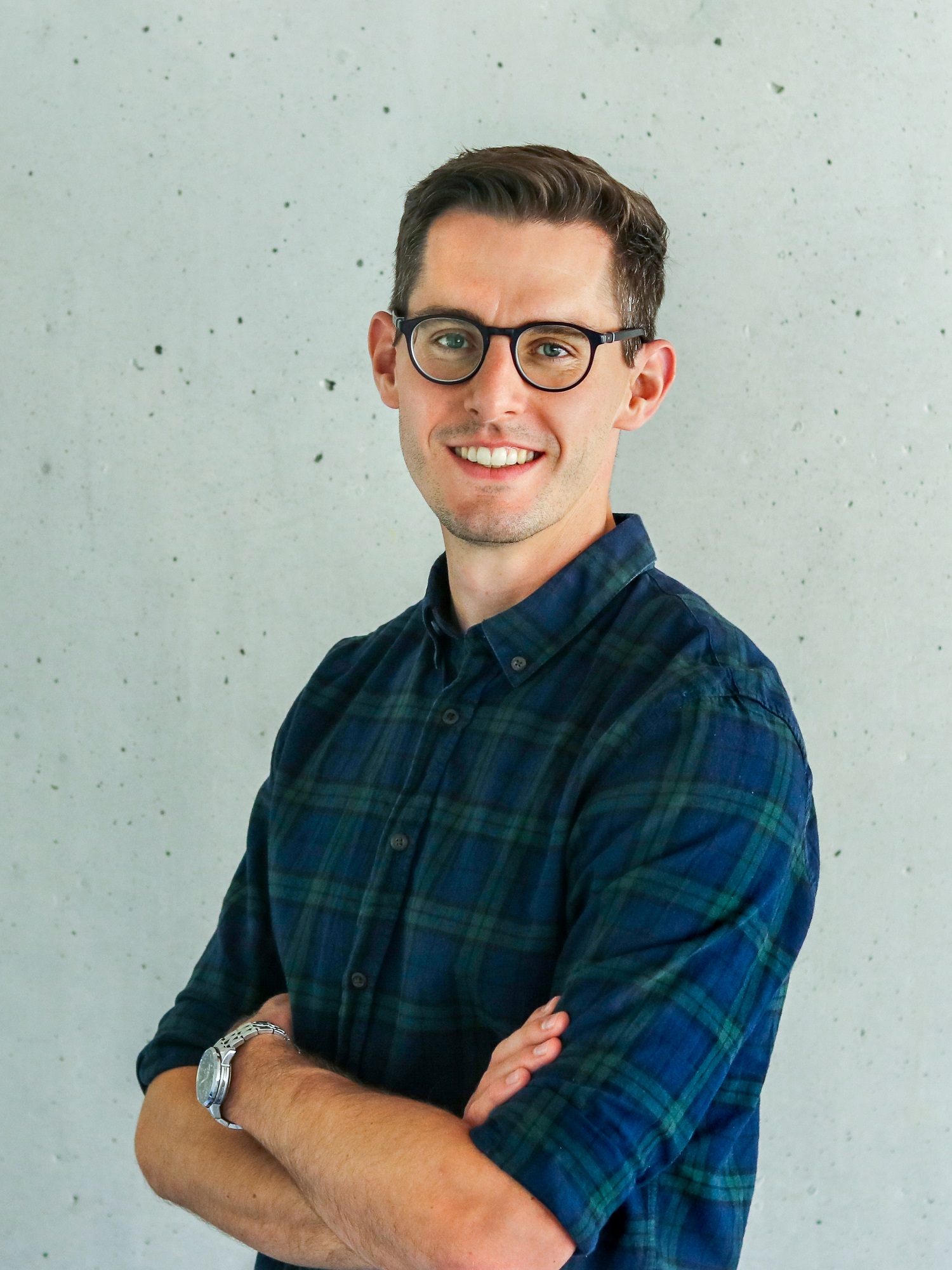When I completed my bachelor’s degree in mechanical engineering, a minority of my fellow students decided to specialise in robotics as I did. Of all the PhD students at ETH Zurich working in robotics, only a handful work in the field of Soft Robotics where we carry out research into robots made from soft materials to improve their versatility and safety when interacting with humans.
Professional specialisation, particularly in science, inevitably leads to a situation where only a few people work on closely related topics. Of course, there is always an overlap within related scientific fields, but exchanges with researchers from the very same field are vital, because only they grasp what the challenges really are, what might be a good idea to try and what is unlikely to work. Therefore, it is important to attend conferences to connect with the global research community in one’s specific area. Suddenly, there are now a few dozen Soft Robotics experts to exchange ideas with. Pre-pandemic times afforded me the luxury of attending conferences in person, but currently online talk series such as the Autonomy Talks facilitate interactions with fellow researchers.
Professional specialisation, particularly in science, inevitably leads to a situation where only a few people work on closely related topics. Of course, there is always an overlap within related scientific fields, but exchanges with researchers from the very same field are vital, because only they grasp what the challenges really are, what might be a good idea to try and what is unlikely to work. Therefore, it is important to attend conferences to connect with the global research community in one’s specific area. Suddenly, there are now a few dozen Soft Robotics experts to exchange ideas with. Pre-pandemic times afforded me the luxury of attending conferences in person, but currently online talk series such as the Autonomy Talks facilitate interactions with fellow researchers.






